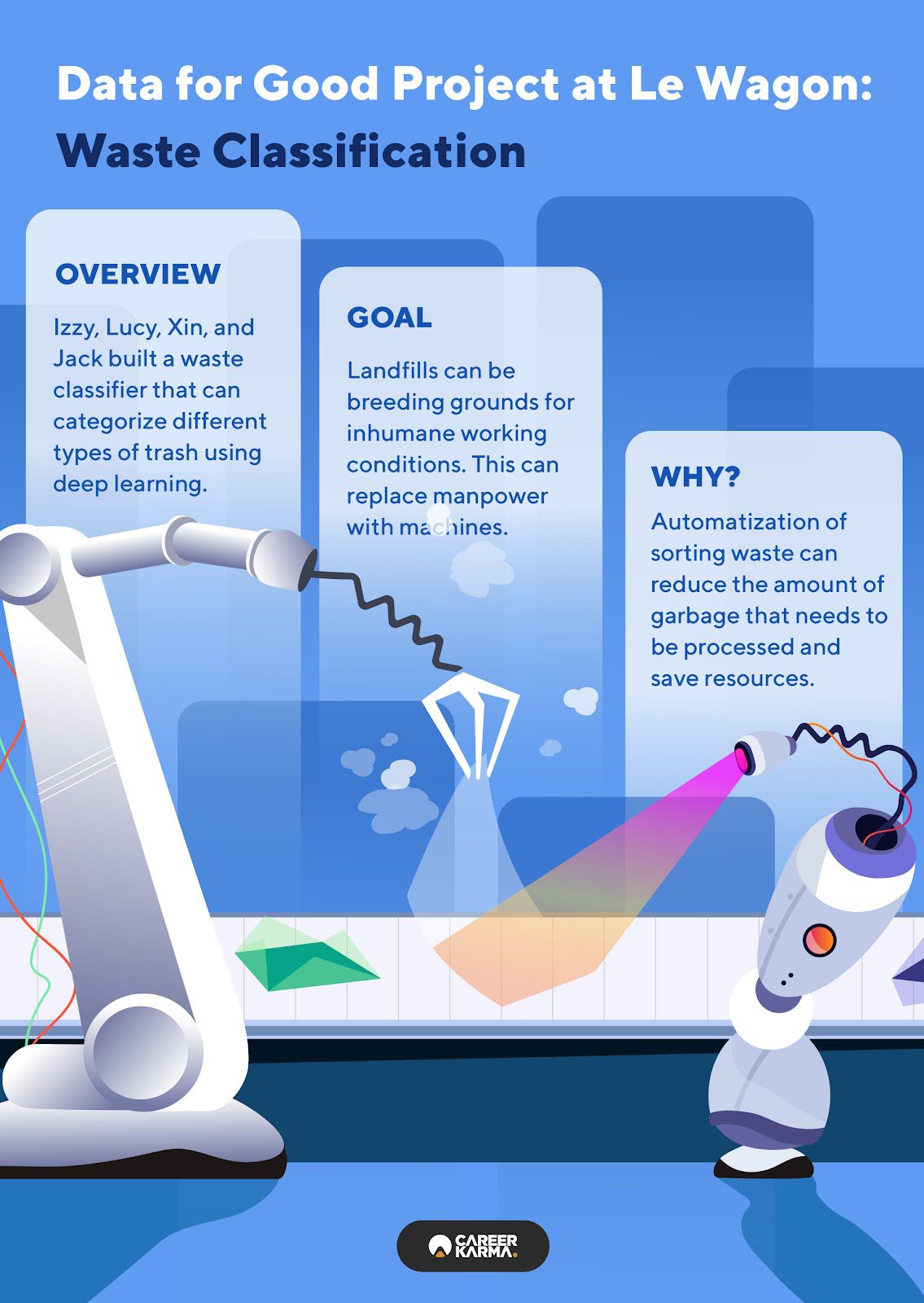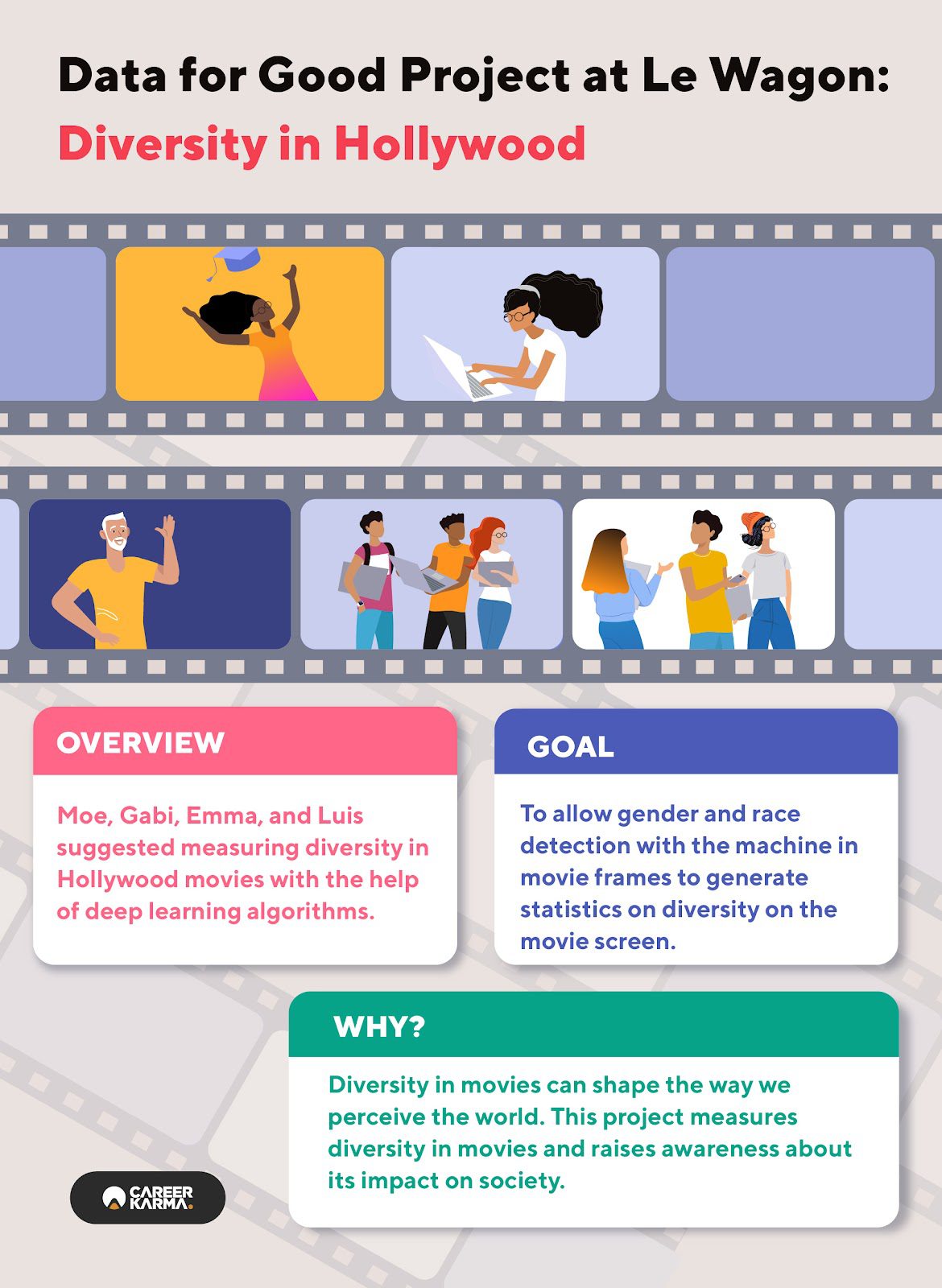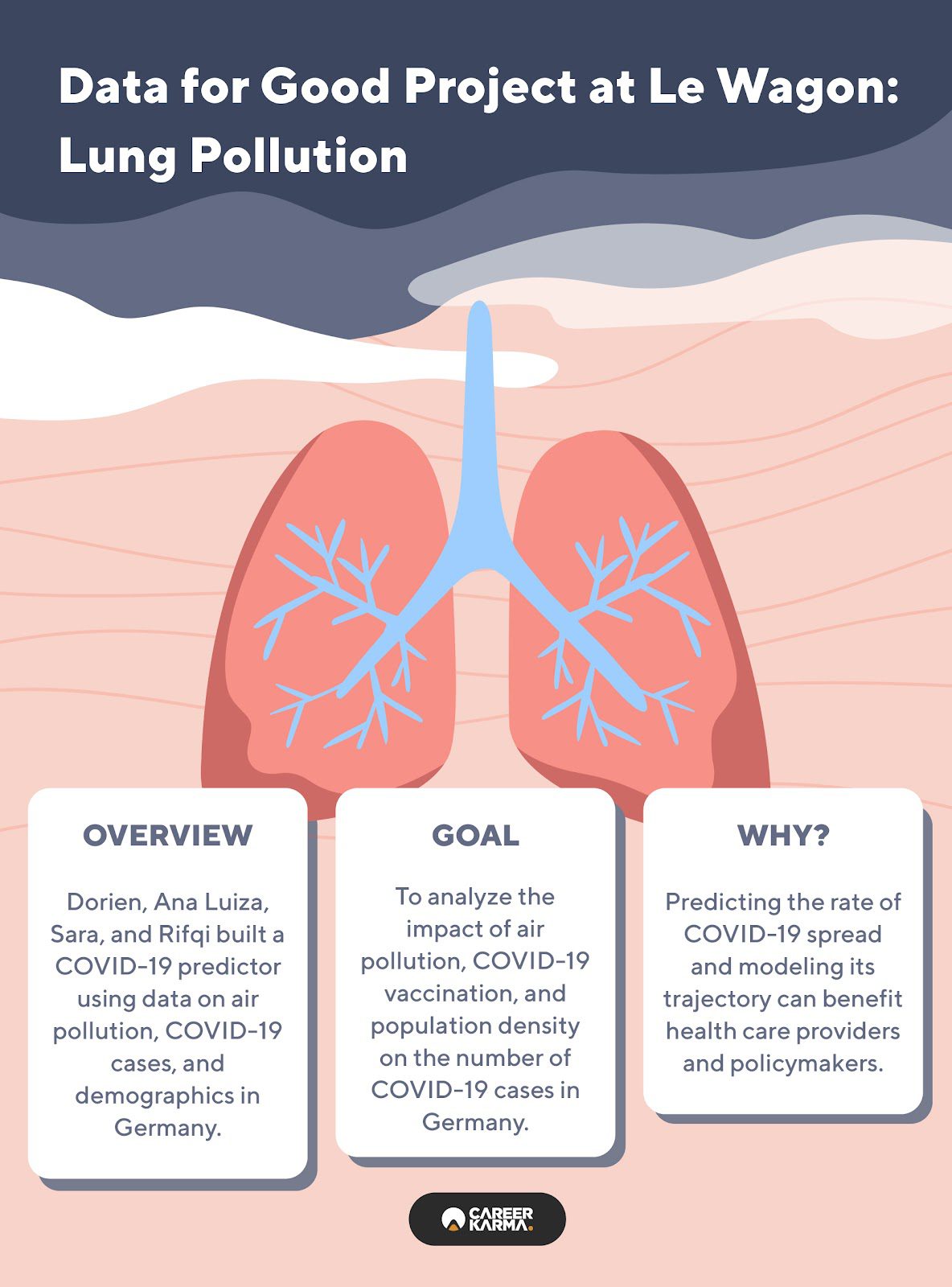Data is more than just a business asset. When harnessed right, it can help shape a better world. Among the sectors that have seen positive changes with the help of data include healthcare, education, security, and the environment.
Take the Visualize No Malaria project as an example. It’s a five-year campaign launched to eliminate malaria in Zambia by 2021 via data visualization. The project employs data to create interactive dashboards that will allow health workers to identify malaria transmission hotspots and implement measures to contain the outbreak.
Another Data for Good case is Gender Data Portal, a powerful database developed by the World Bank Group to gather, analyze, and visualize sex-related data. Through the portal, policymakers and other relevant stakeholders could better identify and address existing gender gaps.
Often, people are unaware that data can be helpful in areas other than finance, marketing, and other related sectors. In fact, data science also tackles today’s social challenges, such as forced migration, food instability, climate change, social innovation, global development, and humanitarian aid.
Want to get involved in building projects for social good? Le Wagon, a global tech bootcamp, offers you the chance to stack your skills and build projects just like these. Here’s a sneak peek into what and how you can build when you enroll in Le Wagon’s Data Science bootcamp.
Le Wagon equips their Data Science Bootcamp students with the guidance they need to realize their most ambitious data-driven ideas for making the world a better place.
Learn more about the program here.How Le Wagon Students Work on Their Data Science Projects
We sat down with Bruno Lajoie, Head of Data Science at Le Wagon, to learn more about the project-building process at the bootcamp. As he notes: “Projects are probably the most important part of the curriculum.”
In the last two weeks of the Le Wagon Data Science Bootcamp, students form groups of three to four and work on data science projects.
“Because they are well mentored by experienced data scientists, students can really dream big and let their most ambitious ideas become true,” says Bruno. “You would be surprised about what students can achieve in only two weeks when mentored properly by experts!”
Once they built their projects, students spend the last three days rehearsing their pitches to present their works at Le Wagon’s Demo Days. “The goal is to show honestly what you’ve achieved in two weeks, for a public of data scientists with a focus on pedagogy, without hiding meaning behind the complex vocabulary,” Bruno shares.
“Above all, we encourage our students to experience real-life data and build real products that could apply to their day-to-day jobs in the future.”
Le Wagon Data Science Projects Spotlight
Aspiring data scientists may wonder what they can build after attending Le Wagon’s Data Science Bootcamp. So in this section, we spotlight Le Wagon student projects that represent the Data for Good movement, which was an initiative formed in the spirit of demonstrating how analytics can benefit humanity.
Waste Classification

Students from Le Wagon London—Izzy, Lucy, Xin, and Jack—built a waste classifier with deep learning. The goal of the project is to replace humans working on landfill sites, which are full of occupational hazards, with machines. This deep learning model is trained to classify different types of trash by identifying images of trash and transforming them into arrays of numbers.
Why is this relevant?
We live in a throwaway world that produces 2.01 billion tonnes of municipal solid garbage, with at least 33 percent of that not being managed in an environmentally sound manner, according to the World Bank. Automatization of sorting waste with machine learning models can significantly reduce the amount of garbage that needs to be processed and save resources.
Diversity in Hollywood

Traditionally, gender and race research in the media depended on the manual extraction of text and images. Students from Le Wagon Berlin Moe, Gabi, Emma, and Luis suggested measuring diversity in Hollywood movies with the help of deep learning algorithms such as Convolutional Neural Network (CNN). Their model allows gender and race detection in movie frames to generate diversity statistics.
Why is this relevant?
Movies play a major role in shaping the way we perceive the world around us. Diversity in movies can help a large audience perceive and understand different cultures and be more accepting of underrepresented groups. Race and gender detection with deep learning algorithms can help to scale measuring diversity in movies and raise awareness about its impact on society.
Lung Pollution

Students Dorien, Ana Luiza, Sara, and Rifqi built a COVID-19 predictor to analyze the impact of air pollution, COVID-19 vaccination, and population density on the number of COVID-19 cases in Germany. The COVID-19 predictor uses the data on the mentioned elements to demonstrate how keeping the WHO-recommended level of air pollution and increasing the number of vaccinated population decreases the number of COVID-19 cases.
Why is this relevant?
The COVID-19 pandemic has negatively impacted people all over the world. Predicting the rate of COVID-19 spread and modeling its trajectory is critical for both healthcare providers and policymakers who rely on judgments produced by such prediction models.
Leverage Your Data Science Skills for the Social Good
Project-building plays a key role in Le Wagon’s Data Science Bootcamp. Under the mentorship of expert data scientists, Le Wagon provides its students with opportunities to build Data for Good projects to solve real-world problems and make them job-ready for a data scientist career path.
Make the world a better place with data at Le Wagon Data Science Bootcamp.
About us: Career Karma is a platform designed to help job seekers find, research, and connect with job training programs to advance their careers. Learn about the CK publication.




